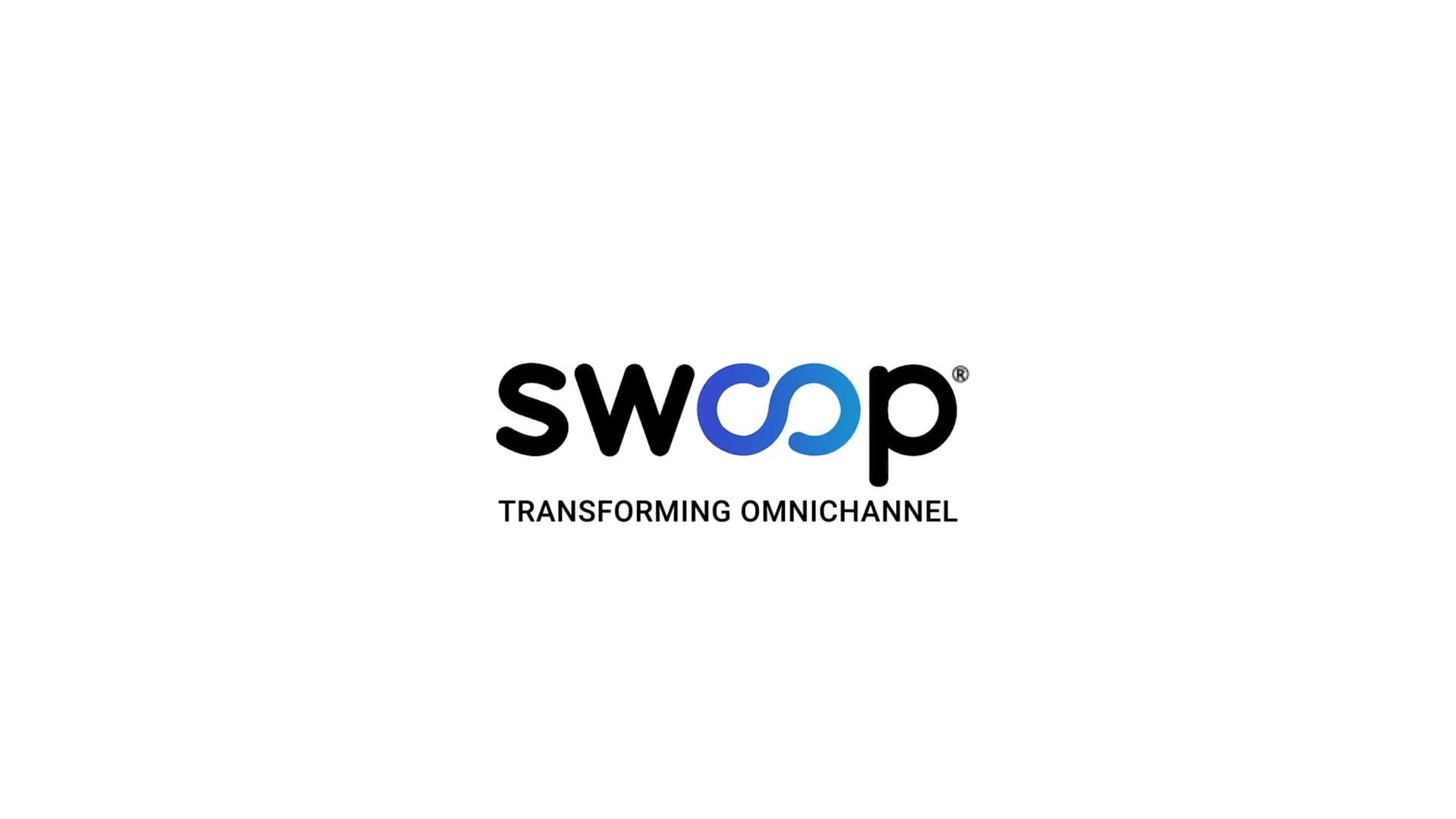Data Only Matters if You Activate and Reach the Right Audience
By: rbogaerts@swoop.com
We have more data than we’ll ever need, but none of these data points matter unless we use them to activate and reach the right audience. Otherwise, all of this data is merely a distraction.
At AI Deciphered, a daylong conference designed to address the impact of artificial intelligence on marketing and communications, I discussed AI, data, and omnichannel marketing for healthcare marketers with MM+M’s Editor at Large, Marc Iskowitz.
I believe in the power of data-driven omnichannel strategies, but so many in our industry don’t understand the term. In this blog, I will share some of the takeaways from our fireside chat to help your teams move from distracted to focused on what matters: Connecting with the right audiences on the right channels.
Don’t get stuck in data quicksand, build a strong omnichannel bedrock
Data is critical because it helps us understand our audiences, create effective strategies, and reach our businesses goals. Knowing your customers likes, wants, and future needs is key, but being able to activate that data is even more important. All of the data from websites, smartphone apps, and social media engagements are useless unless the data is connected and actionable.
Data driven insights must be focused to be effective. Focusing on the right data points, will help your business solve the right problems, personalize messages to the right audiences, and enhance engagement and create script lift. This actionable, connected data is the backbone of successful omnichannel campaigns, and it’s more accessible through AI tools.
The omnichannel balancing act — enhancing engagement vs. expensive distraction
Creating an effective omnichannel strategy includes collecting data from various channels into a central system, and then aggregating insights at the customer level. This data-centric approach allows for a more precise and actionable blueprint. There’s a lot of confusion around omnichannel marketing because of its evolving nature.
At Swoop, omnichannel marketing means connecting patients and providers throughout their diagnosis and treatment journey by coordinating consistent messaging across all channels. This requires connecting with both audiences at critical decision points along the healthcare journey both online and offline.
Delivering personalized experiences and relevant messaging on the right channels is no longer optional — it’s essential. For pharma marketers, the imperative to adopt omnichannel strategies is clear.
Enhancing both patient and provider experiences by strategically coordinating messages across online and offline channels does not mean using every channel available to us all at once!
Instead of getting lost in all of the data available from the myriad of channels available to you, focus your data journey on understanding your audience, what channels they use, their personal challenges, and how your brand can make them take action. You may have only two or three channels that truly matter once you investigate the behaviors and needs of your target audience.
AI excels in data mining, and it works phenomenally with large data sets. This makes AI a great fit for assessing potential outcomes and making informed decisions to guide targeting and messaging in an omnichannel campaign.
Turning data overload into targeted healthcare outreach
The core problem with data in healthcare marketing today isn’t just fragmentation or the sheer volume of data — it’s the lack of focused utilization. As we get access to more and more data, it is easy to get lost, and successful teams are the ones that know how to use their data effectively.
Marketers often overcomplicate omnichannel and become paralyzed by the vast array of channel options and data sources available. An effective omnichannel strategy transforms data into actionable insights and focuses on persuading the right HCPs and patients through coordinated messaging. To find success, you must focus on what can be practically implemented with AI, data, and privacy as your foundational pillars. Small, consistent innovations will build trust and certainty internally and with your target audiences.
The key to these quick experiments is working with vendors who excel at managing complex data systems, allowing rapid feedback loops. This agility enables marketers to adapt swiftly, avoiding the pitfalls of slow processes and cumbersome implementations that can take months or even years to execute.
Instead of drowning in data and overcomplicating implementations, the goal should be to leverage data efficiently and strategically. By doing so, you can persuade HCPs and educate patients in a faster, more efficient manner. This focused approach ensures that your omnichannel efforts are both impactful and responsive to the ever-changing landscape of healthcare marketing.
Leveraging the power of AI in a privacy-safe manner
AI feels like a limitless solution to all of our problems when you listen to some experts. But without proper constraints, clear objectives, and business goals, throwing AI at a problem can lead to inefficiencies and risks. All AI programs need clear top-level goals and guardrails to be effective. These limitations provide the boundaries AI tools need to operate effectively.
When considering if AI is the right application to use, look for areas where it can deliver measurable improvements without introducing undue risks. This is even more important when you work in a high-risk, regulated industry like healthcare. Knowing when to use AI or not use AI requires knowing the cost of being wrong.
AI offers groundbreaking benefits in healthcare marketing. In our industry, AI can enhance content creation, help us understand audiences better without violating privacy, speed up approvals, and optimize marketing campaigns without adding unnecessary risk. At Swoop, we use AI to uncover undiagnosed and non-adherent patients and early adopter physicians in a privacy-safe manner. This enables our clients to create personalized experiences and improve patient outcomes.
Continuous learning is your new superpower but stay focused
As we discussed during our fireside chat, the key to success lies not in the volume of data we possess, but in our ability to activate it effectively. The future of healthcare marketing is undoubtedly intertwined with AI and data-driven strategies. By focusing on actionable data, embracing omnichannel approaches, and understanding both the potential and limitations of AI, we can create more personalized, effective, and impactful marketing campaigns.
At Swoop, we’re committed to leading this charge.
Keynote speaker at AI Deciphered, Asha Saxena, noted that the rise of AI has turned everyone into lifelong learners who must be invested in growing our understanding of technology, using it responsibly, and understanding the business implications of these changes.
As we move forward in this rapidly evolving landscape, let’s embrace the mindset of lifelong learners. Let’s experiment, innovate, and push the boundaries of what’s possible in healthcare marketing, always keeping in mind our ultimate goal: better health outcomes for patients.


